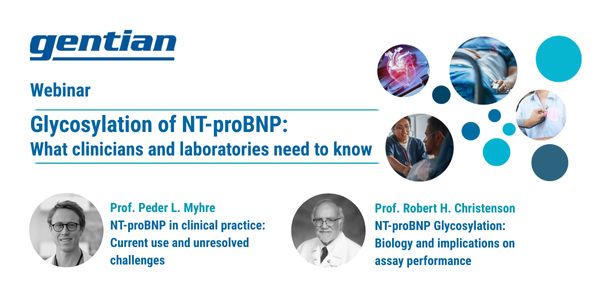Continuous Low-Dose Lenalidomide Delivery for Hematologic Malignancies: Preclinical to Phase 2 Insights
Lenalidomide is a cornerstone therapy for multiple myeloma (MM) and other hematologic malignancies, but conventional oral dosing is limited by high peak plasma concentrations, rapid clearance, and dose-limiting hematologic toxicities.
STAR-LLD is a novel continuous subcutaneous lenalidomide delivery system designed to maintain plasma drug levels within the biologically active range, enhancing immunomodulatory effects while minimizing toxicity. This webinar highlights the journey from preclinical validation to Phase 2 clinical translation, offering insights into efficacy, safety, and translational considerations for next-generation drug delivery.
Key Preclinical Findings:
- Superior tumor control: Continuous low-dose subcutaneous lenalidomide at 144 µg/day reduced tumor volume by 81% in murine xenograft MM models compared to standard oral bolus dosing.
- Safety profile: Chronic dosing in healthy mice showed no neutropenia, thrombocytopenia, or local tissue toxicity.
- Pharmacodynamics: Maintains plasma concentrations above the minimum effective threshold (≥0.04–0.1 µM/L) for sustained Ikaros/Aiolos degradation and optimal immunomodulatory activity.
Phase 1 Clinical Insights:
- High bioavailability: STAR-LLD delivered 400 µg/h (9.6 mg/day) with >92% bioavailability and stable plasma drug levels.
- Reduced toxicity: Compared to oral dosing, peak plasma levels were reduced by >90%, AUC decreased by ~57%, and no Grade 3–4 hematologic toxicities were observed.
- Objective responses: All enrolled relapsed/refractory MM patients achieved clinical response (1 CR, 5 PR), suggesting an improved therapeutic index.
What You Will Learn:
- How continuous low-dose subcutaneous delivery of lenalidomide improves pharmacokinetics, pharmacodynamics, and the therapeutic index compared to conventional oral dosing.
- Evidence from preclinical and early clinical studies demonstrating improved tumor control, reduced toxicity, and enhanced patient outcomes.
- Key translational and regulatory considerations when moving novel drug delivery systems from the laboratory to Phase 2 clinical trials.
- Implications for future drug delivery strategies in multiple myeloma and other hematologic malignancies.
Learning Objectives:
- Understand the rationale and scientific basis for continuous low-dose lenalidomide delivery in hematologic malignancies, including the pharmacokinetic and pharmacodynamic advantages over conventional oral dosing.
- Evaluate preclinical and early clinical data supporting the efficacy and safety of STAR-LLD, and recognize the implications for patient outcomes and future therapeutic strategies.
- Identify the translational steps and regulatory considerations involved in advancing STAR-LLD from preclinical models to Phase 2 clinical trials.
This session is ideal for clinicians, researchers, and industry professionals interested in drug delivery innovation, myeloma therapeutics, and translational oncology.








